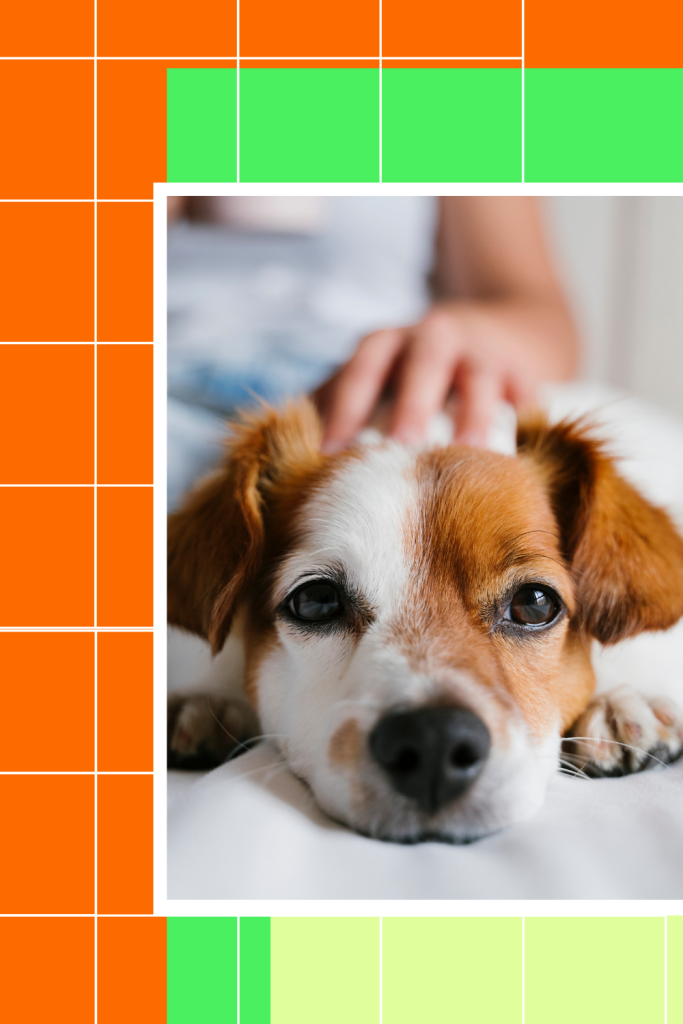In the contemporary world, where stress and anxiety are common, we must find comfort and emotional support. Pets emerge as dependable friends who provide unconditional affection and support in the bustle of daily life. The calming purr of a cat or the amusing antics of a puppy, having pets has been demonstrated to dramatically enhance mental and emotional well-being. In this piece, we examine the close relationship that exists between people and their animal friends and consider the various ways that pets improve our quality of life and offer emotional support.

Image Credit: evablancophotos
Unconditional Love and Acceptance
The unconditional affection and acceptance that pets provide is one of the most amazing things about having a pet as a companion. Pets see us for who we are, warts and all, and they love us unconditionally. This steadfast loyalty can be a comforting thing, particularly when you’re feeling alone or distressed. A cherished pet may reassure us and serve as a constant reminder that we are not alone, even on our worst days or when we are going through difficult times in our lives.
Stress Reduction and Relaxation
The benefits of spending time with pets in lowering stress have been shown in numerous research. Playing with, petting, or just spending time with our pet animals can reduce cortisol levels and encourage calm. Pets’ repetitive fur-stroking motions have a relaxing impact on the nervous system, which helps to release stress and anxiety. Furthermore, pets’ entertaining activities can make us laugh and smile, which naturally elevates our spirits.
Companionship and Social Connection
Additionally, pets are essential for promoting social interaction and friendship. Pets can be devoted friends and help people who struggle with social contact or feel alone. Additionally, they can facilitate social interactions. Engaging in meaningful conversations with other pet owners or taking a dog for a walk in the park can foster a sense of community and meaningful relationships. Additionally, having a pet gives people a sense of accountability and purpose, which motivates them to interact more with their surroundings.
Emotional Support and Coping Mechanism
When faced with hardship or bereavement, having a pet around can provide tremendous emotional support. Pets are skilled at identifying our feelings and offering consolation when we most need it. Their empathetic nuzzles and soft paws lying on our laps are examples of how their intuitive knowledge can support us in navigating challenging emotions and healing from trauma or bereavement. Research has indicated that those who keep pets exhibit lower rates of depression and are more resilient and self-assured.
Enhancing Overall Well-being
Having a pet has been associated with several health advantages, such as lowered blood pressure, a decreased risk of heart disease, and enhanced immunological function, in addition to the immediate benefits to mental health. Taking care of a pet regularly can promote exercise and give one’s life structure and direction. Additionally, it has been demonstrated that the relationship between people and their pets raises oxytocin levels, sometimes known as the “love hormone,” which fosters feelings of trust and closeness.
The relationship that exists between people and their animal companions is extremely meaningful and enriching. Pets have the amazing power to uplift our emotions and offer steadfast support, whether it’s a cat cuddled up on our lap for comfort or a dog barking excitedly to see us again. Let us treasure the company of our cherished pets and acknowledge the significant influence they have on our mental health as we traverse life’s ups and downs.
Totally believe this, animals are a major coping strategy for me. Dogs, cats, hamsters, fish, birds, not necessarily pets, however having a pet gives a closeness others don’t. Our 12 week old puppy Freyja already knows if I need a hug or a kiss, and it’s lovely x
LikeLiked by 1 person